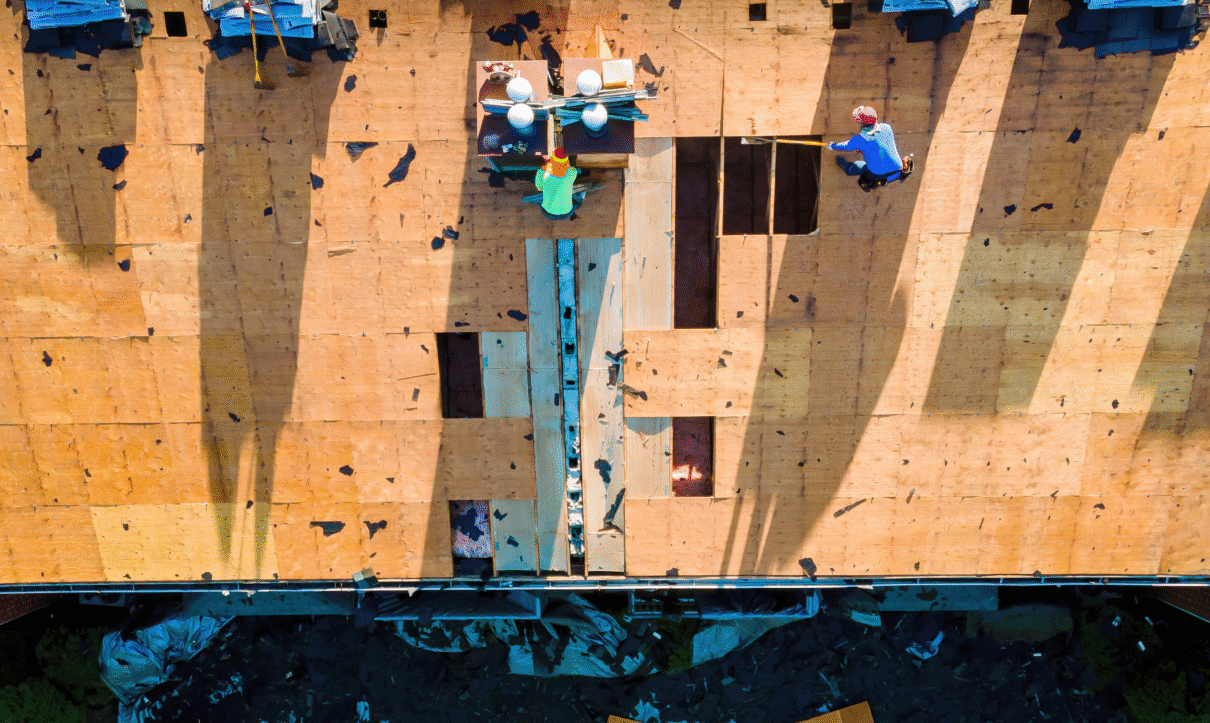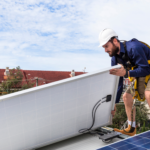Why You Need a Detach & Reset When Replacing Your Roof with Solar Panels
When your home has a solar energy system installed, your roof and your panels become part of a single integrated upgrade. That’s why any roofing work—especially a full replacement—requires a careful and professional detach and reset of the solar system.
Let’s explore why this process matters, and how to do it right.
🔗 Your Roof and Solar Work as One System
Solar panels aren’t just an add-on; they change the structure and function of your roof. In many cases, solar is considered a roof upgrade that:
- Alters how water drains
- Adds new mounting systems
- Involves penetrations and attachments through the roofing materials
Because of this, your solar installation and roof are often viewed together when it comes to warranties, functionality, and resale value.
🚫 Roofing Warranties and Responsibility
In most cases, roofing companies void the warranty for any area where solar panels are installed. This creates a gray area of responsibility—if a leak or issue arises in that section of the roof, it becomes unclear who is liable: the roofer or the solar installer.
That’s why it’s highly recommended to treat your roof replacement and solar system as a single project, handled by one qualified team. This ensures seamless coordination and full accountability.
⚠️ The Risk: Voiding Your Solar Warranty
If you remove or reinstall solar panels improperly during a roof replacement, you can void your manufacturer’s warranty. Most warranties on solar panels and inverters require:
- Use of a certified contractor
- Proper sealing and flashing of mounting points
- Inspection after reinstallation
DIY or inexperienced roofers who remove solar panels without solar certification may damage the components or connections—and leave you with no protection.
🔧 What Is a Detach & Reset?
A detach and reset is the professional removal and reinstallation of your solar system to allow for roof replacement or major repairs. It includes:
- Removing all solar panels
- Taking down rails, wiring, and inverters (when needed)
- Sealing all exposed penetrations
- Safely storing and labeling all parts
- Reinstalling everything after the roof is replaced
The process also includes a system check to ensure everything is functioning after reinstallation. And it’s a great opportunity to clean the solar panels, restoring maximum energy output.
📋 Special Considerations
Depending on your system, additional steps may be required:
Rail-less systems may need new mounting parts
- Electrical upgrades may be required in older systems
- Permits may be needed in some jurisdictions
It’s important to inform your contractor if:
- You’re changing roof types (e.g., shingle to metal or tile)
- You’re moving the location of the solar system
✅ Final Advice
If you’re replacing your roof and have solar panels installed, never skip a professional detach and reset. It’s not just about getting the job done—it’s about:
Protecting your solar and roof warranties
Maintaining long-term performance
Ensuring a clean and safe system that lasts for decades
Treat your roof and solar system as a single upgrade, and let qualified professionals handle both.
External Link:
Solar Panel Maintenance Guide – U.S. Department of Energy



